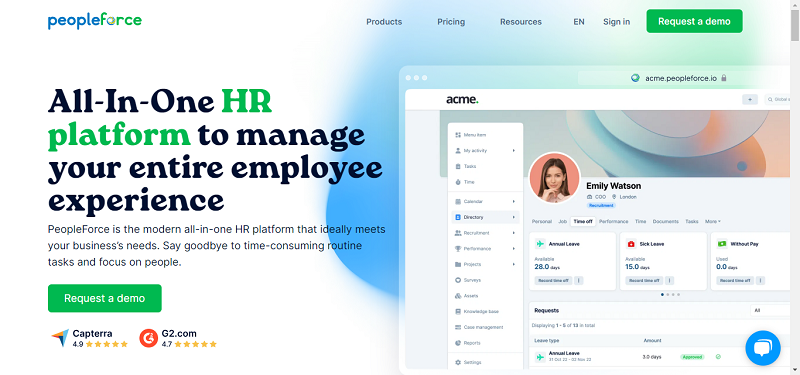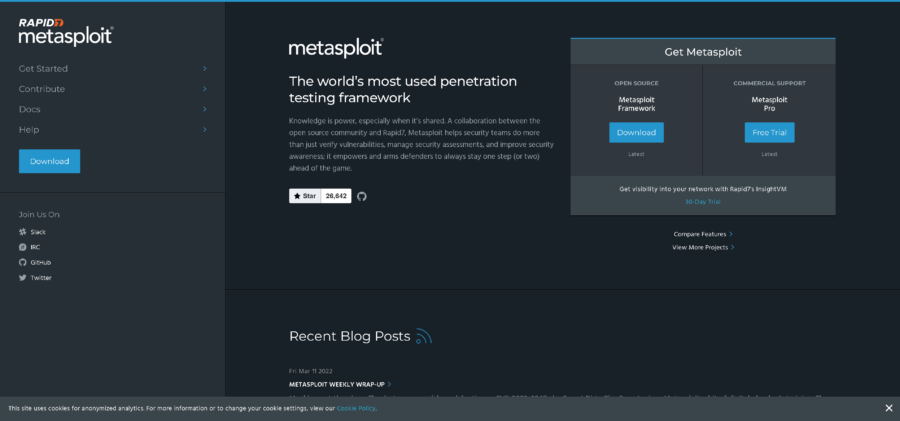Cloud-based accounting software for SMEs has been exploding recently. The ever increasing complexity of tax laws, the growing need for regular dialogue with a company’s accountant, and the importance of being able access a company’s financial records with ease have provided several companies with the opportunity to become the new leader in a sector traditionally dominated by expensive desktop programs.
After founding as recently as 2006, Xero is already one of this new generation of leaders. They are a global company with offices in the United States, United Kingdom, Australia and New Zealand and specifically cater to the ever-changing accounting needs of SMEs.
The 2014 edition of Xero’s annual survey of 400 accountants showed why they are becoming so successful in this new cloud-based marketplace – their software neatly addresses the leading financial reporting problems facing SMEs today.
One of the survey’s main findings was the importance that accountants place on the importance of year-round communication between themselves and their clients. Indeed, 32 percent of respondents believed that the most common mistake made by small business owners was only talking to their accountant during ‘tax time’, and a staggering 65 percent of respondents believe SMEs should talk to their accountant at least once per month.
The other major problem faced by SMEs was the lack of financial insight and real-time accounting. 20 percent of respondents said that business owners not having real-time understanding of their company’s finances was frequently an issue, with 38 percent stating that out-of-date financial records was the biggest mistake SMEs made. Unsurprisingly, 75 percent believe they could significantly improve the quality of their advice if they had access to real-time data.
Xero’s cloud-based software focuses on these concerns in a way that traditional desktop software cannot. Their real-time provision of a company’s finances blended with the ability to constantly collaborate with accountants and bookkeepers means that business owners are perfectly placed to avoid the two most common accounting problems for SMEs.
Cloud-based accounting lets expenses, payroll, purchase orders, invoices and financial reports be tracked and edited in real time from anywhere in the world. This allows both the company and accountant to access permanently up-to-date records and, therefore, means the likelihood of problems occurring and audits taking place is greatly diminished.
The survey also revealed the rapid growth of the cloud-based accounting industry. In 2012 just 32 percent of accountants planned to offer cloud services to their clients in the following year – in 2014 that figure has jumped to 55 percent. On the client side the numbers paint a similar picture, with 25 percent of accountants now having at least three quarters of their clients using online accounting services. Indeed, Xero are so confident about the growth of the industry that they boldly predict every accountant questioned will be offering online accounting services by 2018.
Do you work in an SME? Does your company use cloud-based account software or traditional desktop programs? What do you think the future holds for accounting in the cloud? Let us know in the comments below.
By Daniel Price





